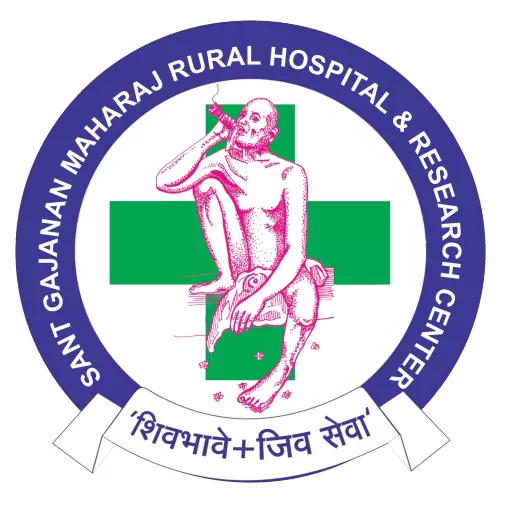The rainy season brings joy but also health challenges. Recognizing monsoon illness symptoms is crucial. From fevers to digestive issues, early detection helps. Stay informed to combat common monsoon illnesses effectively.
Understanding Monsoon-Related Illnesses
During the rainy season, certain illnesses rise. Common monsoon illnesses include dengue, malaria, and waterborne diseases like cholera and typhoid. Dengue fever is caused by mosquitoes, leading to high fevers, severe headaches, and body aches. Malaria, another mosquito-borne illness, results in fever, chills, and sweating. Contaminated water is a breeding ground for bacteria and viruses, causing diseases like cholera and typhoid, leading to diarrhea and vomiting. Knowing these common diseases helps you spot monsoon illness symptoms early.
Monsoon weather creates perfect conditions for disease spread. First, stagnant water after rains allows mosquitoes to breed easily, spreading malaria and dengue. Moreover, heavy rains can flood areas, contaminating drinking water sources with harmful microbes. This contamination increases the risk of getting waterborne illnesses. Humidity also plays a role, as it fosters bacteria growth, making people more vulnerable to infections. These climatic conditions show why monsoon diseases and prevention go hand in hand, highlighting the need to remain vigilant.
Preventive Measures to Combat Monsoon Diseases
Maintaining hygiene is crucial for monsoon diseases prevention. Here’s how:
- Boil drinking water to kill germs.
- Keep your surroundings clean to prevent mosquito breeding.
- Use mosquito nets or repellent to avoid mosquito bites.
In addition to cleanliness, monsoon health tips focus on boosting immunity:
- Eat a balanced diet rich in fruits and vegetables.
- Stay hydrated to keep your body strong.
- Incorporate local, seasonal produce for better health.
Stay fit, reduce stress, and limit junk food to strengthen your immune system.
People have used various techniques for monsoon diseases prevention. Traditional methods include herbal drinks and Ayurvedic practices. These boost immunity naturally. On the other hand, contemporary methods rely on modern medicine and vaccines to prevent diseases like dengue. Both approaches have their strengths. Combining them can offer a robust shield against monsoon illnesses. Whether you favor traditional methods or modern solutions, the goal of monsoon diseases and prevention is staying healthy.
The Impact of Climate Change on Monsoon Illness Patterns
Climate change affects monsoon patterns and illness spread, especially in countries like India. Monsoons are becoming unpredictable, with heavier rains and prolonged dry spells. This irregularity fosters mosquito breeding and poor water quality, altering monsoon illness symptoms patterns. Since disease vectors adapt to warmer temperatures, there’s a higher risk of diseases spreading to new areas. Thus, understanding this change is critical for effective monsoon diseases prevention.
Timely detection of monsoon illness symptoms is essential. Early detection allows for prompt treatment, reducing complications. Professional medical advice helps navigate these environmental changes. It ensures individuals receive the right care quickly, minimizing health impacts. Efforts from healthcare professionals in monitoring and addressing emerging health threats caused by climate alterations are vital. With advancing technology, these interventions become even more efficient in managing the risk posed by altered monsoon patterns.
Conclusion: Staying Vigilant and Healthy in Monsoon
Recognizing monsoon illness symptoms early can be life-saving. Acting promptly prevents complications. The preventive strategies include boiling water, maintaining hygiene, and boosting immunity through diet. These simple practices underpin effective monsoon diseases prevention.
Stay informed and proactive. Adopt the monsoon health tips we’ve discussed. They are practical, easy to implement, and vital for staying healthy during the rainy season.
Community efforts ensure public health remains a priority. Working together, we can manage common monsoon illnesses effectively. By fostering awareness and encouraging preventive measures, communities build resilience against health threats posed by monsoon seasons. Together, we can enjoy the monsoon, minimizing its health risks.
Monsoon season brings a higher risk of waterborne and mosquito-borne diseases, including dengue, malaria, and cholera, which can lead to serious health complications if left untreated. Recognizing the warning signs such as fever, fatigue, nausea, and skin rashes is essential for early detection and effective treatment.
At Sant Gajanan Maharaj Hospital, our healthcare experts specialize in diagnosing and treating monsoon-related illnesses with timely and appropriate care.
Consult Sant Gajanan Maharaj Hospital today to get a thorough check-up and ensure that you’re taking the right steps to stay healthy this monsoon season.


